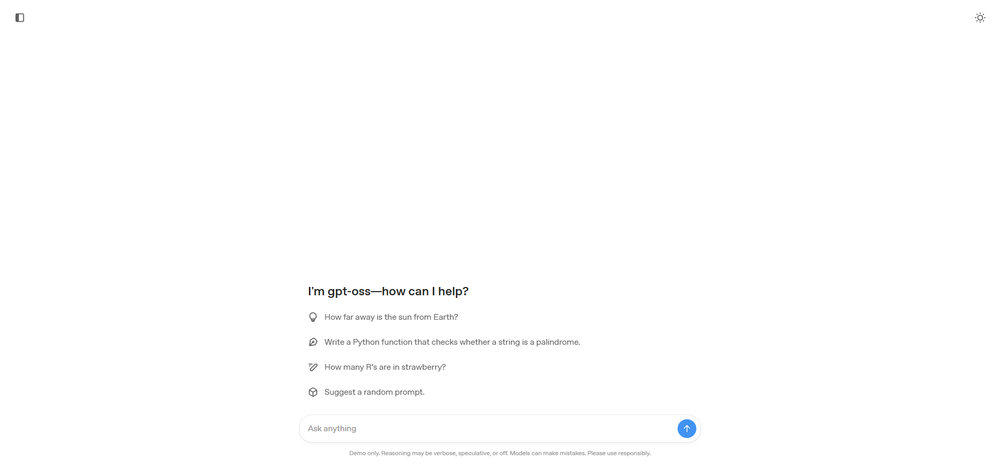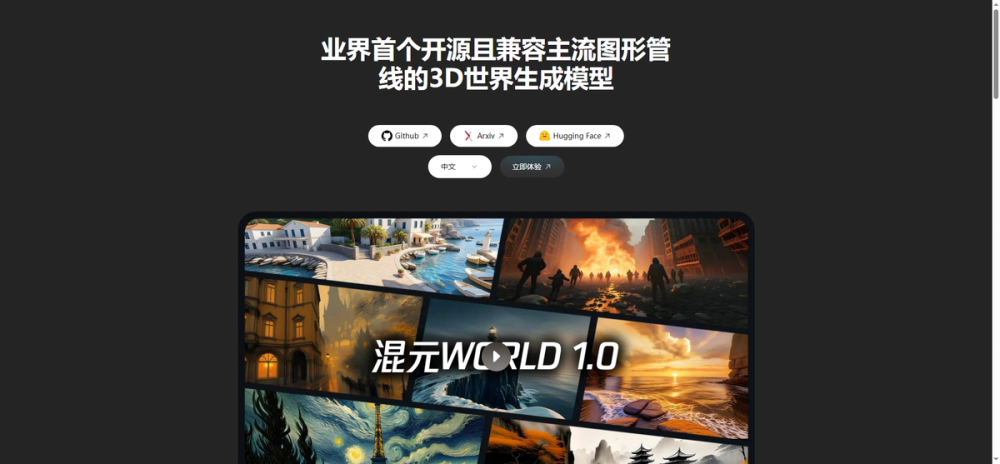MiniMax, founded in December 2021, quickly gained prominence in the AI field. The company independently developed three foundational models: text-to-vision, text-to-speech, and text-to-text, becoming the first startup in China to simultaneously possess large multimodal model capabilities across these three modalities.
ABAB Series Models
ABAB 5.5
- Features: ABAB 5.5 is a large language model developed by MiniMax, with an input-output limit of 8,192 tokens, suitable for character generation tasks.
- Performance: It performs well in writing, chatting, and Q&A scenarios, reaching the level of GPT-3.5. However, it has certain limitations in handling more complex tasks and those requiring precise outputs.
ABAB 6
- Features: ABAB 6 is MiniMax’s second version of the Mixture of Experts (MoE) large model, with a parameter count an order of magnitude larger than ABAB 5.5, better equipped to handle complex tasks.
- Technology: Utilizes the MoE architecture, where model parameters are divided into multiple groups of "experts," with only a portion involved in each inference, improving computational efficiency and model performance.
- Performance: Performs excellently in testing across multiple complex tasks, significantly improving inference speed and training efficiency.
ABAB 6.5
- Features: ABAB 6.5 is a trillion-parameter large language model with a context window of 245k tokens, capable of handling complex productivity and multilingual dialogue scenarios.
- Performance: It approaches the leading industry models in tests involving knowledge, reasoning, mathematics, programming, and instruction-following.
Pricing Models
Token-Based Billing
- Text-to-Text (T2T): Suitable for interactive entertainment, text creation, and other scenarios. The billing unit is per 1,000 tokens, corresponding to about 750 characters (including punctuation), priced at 0.015 RMB per 1,000 tokens.
- Text-to-Speech (T2A): Suitable for speech broadcasting, voice interaction, and other scenarios. The billing unit is based on 10,000 characters (input), with one Chinese character counted as two characters, and English letters and punctuation as one character each.
Storage-Based Billing
- Vector Storage: Fees for vector storage retrieval are calculated daily as a weighted average, with a cost of 1.5 RMB per GB per day.
Session-Based Billing
- Code Interpreter: The billing unit is 0.2 RMB per session. A session is defined as one assistant calling the Code Interpreter in one thread within one hour. If it exceeds one hour, it is counted as two sessions.
Function-Based Billing
- Chat Completion Pro: This service offers more features than standard chat completion, including multi-person dialogue, conversation examples, plugins, and function calls. The price is 0.015 RMB per 1,000 tokens, and the web search function is priced at 0.03 RMB per search.
Free Trials
- Free Trial Credits: During internal testing, all accounts receive a fixed amount of free credits to experience API calls. Once live, users can recharge online and will be charged based on the number of tokens consumed.
Custom Services
- Model Fine-Tuning: Custom model fine-tuning services are offered, with pricing based on the number of tokens, the number of tokens in the input file, and the number of training epochs.
Text Processing
MiniMax's large models excel in text processing and are suitable for the following scenarios:
- Logical Reasoning: Assists users with complex logical reasoning tasks and provides accurate reasoning results.
- Text Continuation: Automatically generates high-quality text continuations, suitable for novel and article creation.
- Copywriting Generation: Generates creative copy for advertising, marketing, and other scenarios.
- Content Summarization: Extracts key information from long texts, generating concise summaries.
- Code Generation: Generates code based on natural language descriptions, improving development efficiency.
Speech Synthesis
MiniMax’s speech models can generate natural, high-fidelity, personalized speech, applicable to the following scenarios:
- News Broadcasting: Generates professional news broadcast voices, enhancing information delivery.
- Voice Assistants: Provides voice interaction capabilities for smart hardware, improving user experience.
- Voiceovers and Audio Interaction: Delivers high-quality voiceover services for videos, games, and other media.
Smart Hardware
MiniMax’s large models have widespread applications in smart hardware:
- Mobile Voice Assistants: Provides smart voice assistant functions for mobile devices, supporting casual conversation, role-playing, and information extraction.
- Smart Home: Enables voice control and interaction for smart home devices, enhancing the level of home automation.
Education
In the education field, MiniMax’s large models offer various intelligent services:
- Class Summarization: Automatically generates class summaries, helping students better understand and review course content.
- Essay Grading: Intelligently grades student essays and provides detailed feedback and suggestions.
- English Speaking Practice: Provides an English speaking practice assistant, helping students improve their oral language skills.
Interactive Entertainment
MiniMax’s large models also have broad applications in interactive entertainment:
- Interactive Novels: Allows users to engage in dialogue with characters while reading novels, enhancing the immersion and enjoyment of the experience.
- Virtual Characters: Creates virtual characters with unique voices, speaking tones, and actions, replicating popular IPs to enhance user engagement and brand influence.
Enterprise Applications
MiniMax’s large models demonstrate strong capabilities in enterprise applications:
- Office Collaboration: Provides text generation, key point summarization, task distribution, and other functions for office software, improving work efficiency.
- Customer Service: Offers automated customer service, increasing customer satisfaction and service efficiency.
- Knowledge Q&A: Provides knowledge Q&A systems for enterprises, helping employees quickly access needed information.
Open-Source Strategy
MiniMax adopts a mixed strategy of partial open-source and partial closed-source. The decision to open-source depends on the type of model and application scenario. For some foundational tools and models, MiniMax may choose to open-source to foster community participation and innovation. For core commercial products, however, a closed-source approach is used to protect intellectual property and commercial interests.




